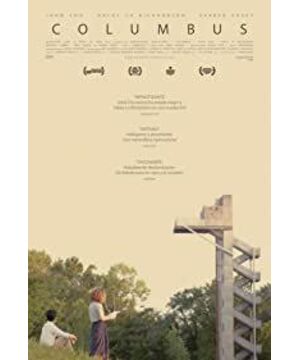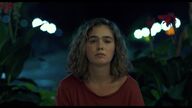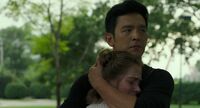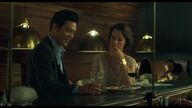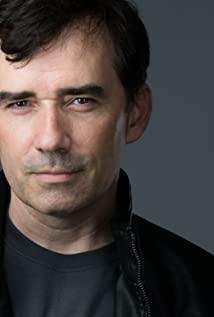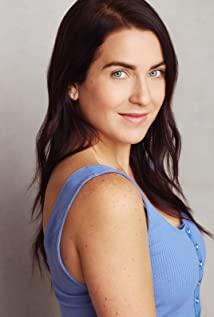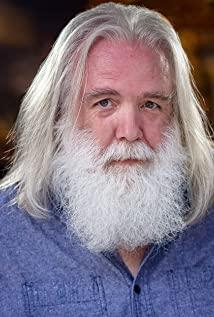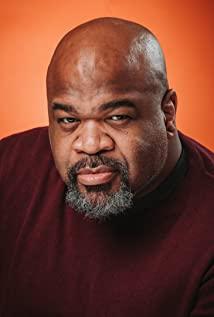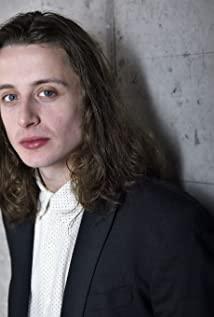It is not so much a drama film as it is a film about the architecture of Columbus City. Many scenes in the film (the bookstore, tower, bank) are symmetrical background still lifes and asymmetrical characters, plus the church that is repeatedly emphasized asymmetrical. , the scene and the plot are all hinted at: the "asymmetrical balance" in the details. When the building is not just a container, it also achieves its aesthetic significance.
Almost everywhere in the filming of the film, the harmony between the characters and the environment is implied, and the actors' positions in every place seem to be carefully arranged according to the photography. I wonder if it can be regarded as a fresh version of "The Beautiful City"
View more about Columbus reviews


